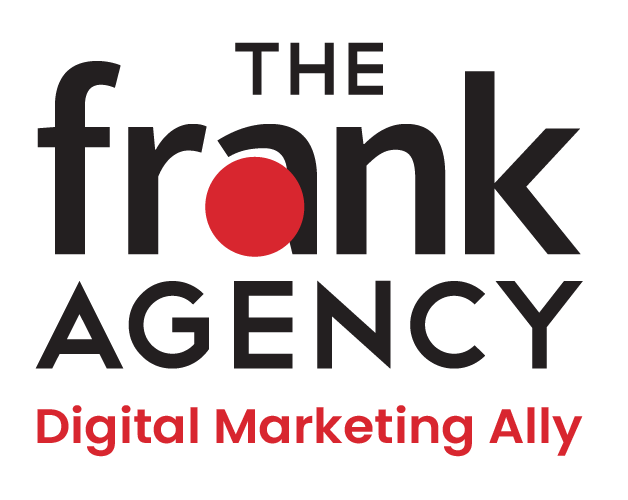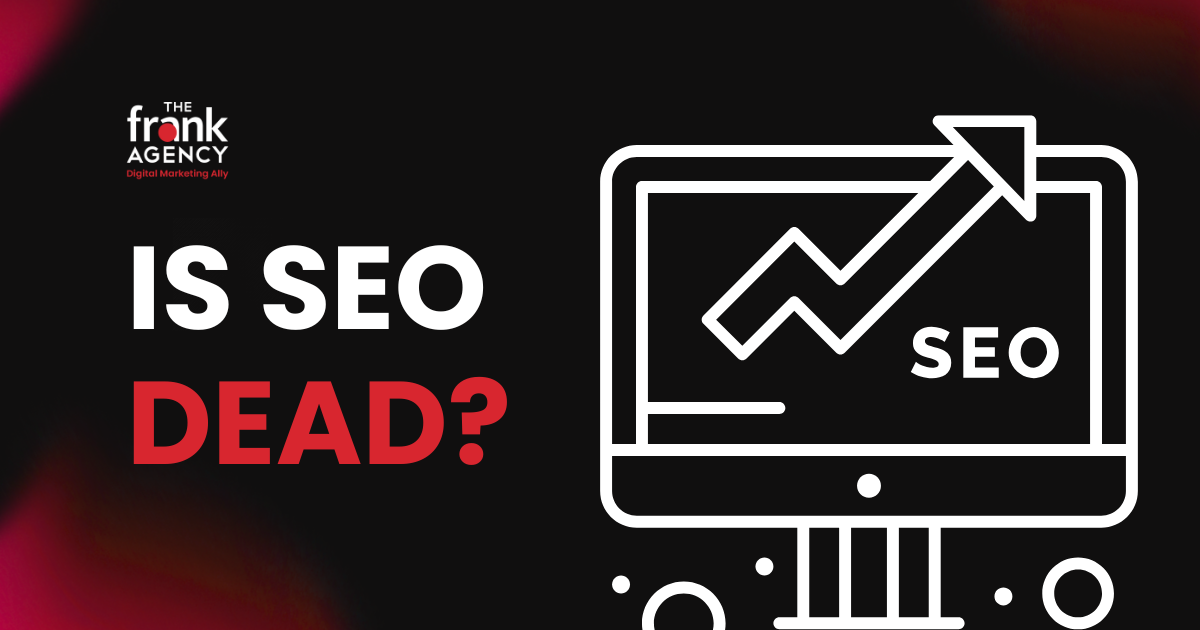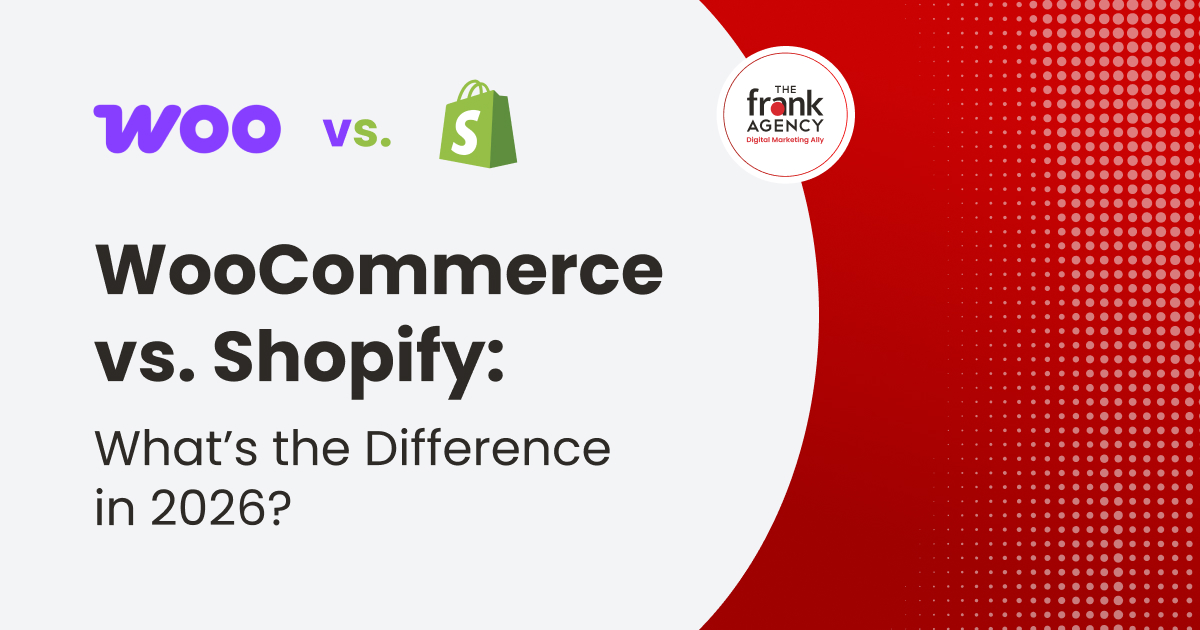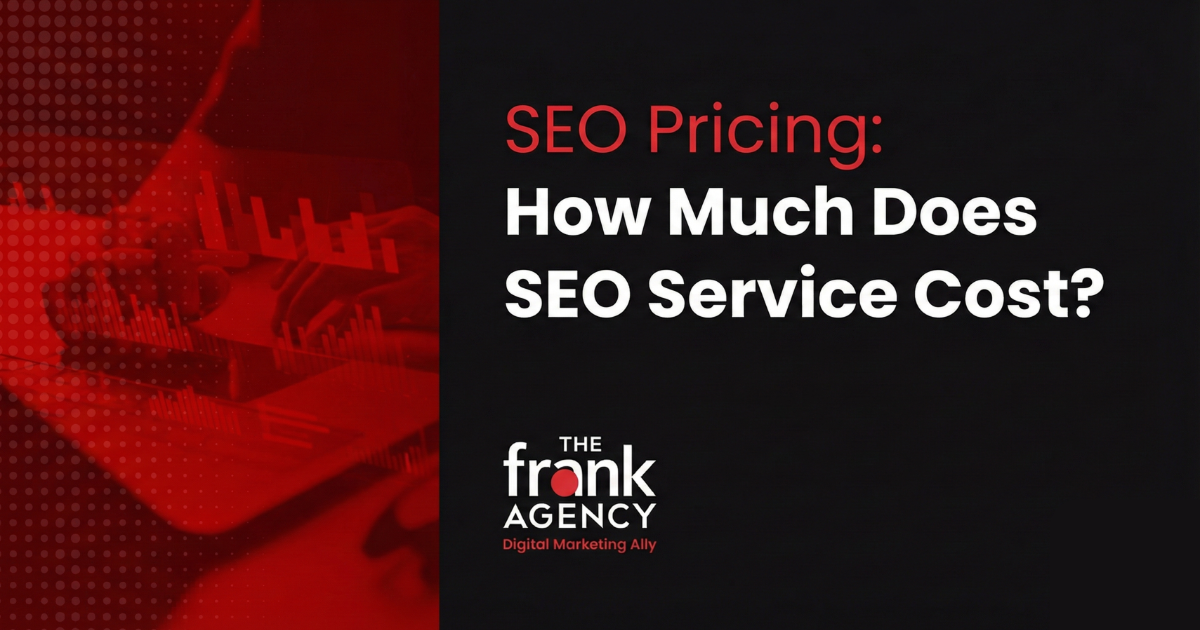While some may feel AI technology has loomed over us like a dark cloud for a while, it’s safe to say it’s finally here to stay. In the age of AI, the search landscape is rapidly changing. Remember the “Will Smith eating spaghetti” video when AI first started making waves? Here’s how it’s evolved.
https://www.youtube.com/watch?v=WiTN4TYLG5c
The rise of artificial intelligence tools such as OpenAI’s ChatGPT, Google’s Gemini, Perplexity, and others has led some to wonder if traditional SEO is dead. The answer is a resounding no—SEO is not dead; it’s simply adapting.
AI is changing the way people search for information. From AI overviews on Google to the use of large language models (LLMs) like ChatGPT, search behavior is becoming more conversational and context-based.

This shift in user behavior has led to a change in traditional SEO performance metrics, with a greater emphasis on visibility across multiple AI-driven mediums.
Despite these changes, SEO remains as important as ever.
AI may alter the format of search results, but it still relies on source content from indexed websites. Authoritative and user-centric content is key to being cited, summarized, and linked by AI systems.
In layman’s terms: AI-generated results link to websites that rank well.

But if users can get their answers without clicking through the link, does that mean you will see fewer organic visitors to our websites? Yes and no. The answer really isn’t that simple.
How AI is Disrupting Traditional Search
One of the ways AI is disrupting traditional search is through AI overviews, such as those seen on Google search results (similar to a SERP feature).
These overviews provide users with quick summaries of information related to their search query, often before they even click on a website. This can impact click-through rates and lead to more zero-click searches, where users find the information they need without visiting a specific website.
“So, AI will impact my organic traffic, right?”
Right. But maybe not in the way you think.
These AI-generated results indeed link back to your website, but they’re not counted as organic search traffic (Oh no!). They’re counted as referrals.
That’s right.
The often-overlooked channel in your typical SEO website reporting is on the rise.
Here’s a 90-day comparison from one of our clients.

That’s almost a 46% increase in referral traffic in a 90-day period.
And guess who accounted for 20% of that traffic? AI.

So, what’s the big deal? Well…
Referral traffic won’t directly replace organic search traffic. Businesses should expect to see a decrease in organic search traffic over time because of zero-click searches.
LLMs as Search Alternatives
If it’s not obvious by now, tools like ChatGPT, Gemini, and Perplexity are changing the way people access information. These tools condense content and reduce the need for users to visit multiple websites to find what they’re looking for. This shift towards more streamlined search experiences is reshaping the way content is consumed online.
Changing User Behavior
User behavior is also changing as a result of AI tools. There is a shift towards more conversational and context-based queries, with users expecting more personalized and relevant search results. This means that traditional SEO strategies focused solely on ranking position may not be as effective in this new landscape.
Weak content = Weak rankings
How Changing Behavior Impacts Website Reporting
“But how can I explain downturns in reporting to my clients and stakeholders? That’s the whole point of SEO, right?”
Nope!
With changing user behavior and the rise of AI-driven search experiences, traditional SEO performance metrics should be reevaluated.
You’re probably used to seeing metrics like organic search sessions and organic search users in your website reporting and, understandably, basing successful marketing efforts on the increase in those numbers. But that’s where things are starting to change.
AI is all about context, so you should start thinking about reporting in the same way. Start asking yourself, how much traffic came to my site from AI searches? Did they visit the pages I wanted them to see? Once they click on my site, are they looking at other pages too? Are they engaged or are they leaving in droves? More importantly, did they convert?
Here are some metrics you should start focusing on in your website reporting:
- Referral traffic (from AI platforms)
- Bounce rate
- Engagement rate (Google Analytics 4 metric)
- Average session duration
- Page views
- Pages per visit
- Conversion rate
- Impressions
- Visibility (SEMrush metric)
Tools like Google Analytics 4 are adapting to these changes, placing more value on metrics that reflect visibility across various AI-driven models. As a result, the perception of success in SEO should align with these new metrics.
Consider creating custom dashboards to help visualize your growth. Our team loves Looker Studio for easy-to-read internal and client-side monthly reports.
Why SEO Is Far From Dead
SEO Is About Visibility—Wherever Search Happens.
The definition of SEO has expanded beyond simply ranking in Google to encompass being found across multiple AI-driven surfaces. This means that SEO efforts must now focus on optimizing for visibility in various search experiences beyond traditional search engines. SEMrush features a Visibility metric in its Projects interface that makes it easy to understand.
AI Still Needs Source Content
“So can I beat the AI game?”
No, of course not.
However, even though AI tools are changing the way search results are presented, they still rely on source content from websites. This means that creating authoritative and user-centric content is still crucial for being cited, summarized, and linked by AI systems.
Make sure your pages are getting indexed, or search engines and AI can’t find them!

If you have a Google Search Console account (if you don’t, stop reading and create one. Come back to this article when you’re done), you can check if your webpages are indexed in Google.
Just click Pages and paste the URL at the top. Similarly, you can upload your website’s sitemap for indexing to the Sitemaps tab.

Here’s another way to find out if your website is indexed.
Type this in the search bar:
site:yourwebsite.com
If you want to see if your website is indexing a particular keyword, then type this:
Example keyword site:yourwebsite.com
Human Intent Still Drives Search
Despite the changes in how search results are presented, human intent still drives search queries. Users still have informational, commercial, and navigational needs that AI tools aim to fulfill. Understanding and catering to these intents is key for successful SEO strategies in the AI era.
Search intent keyword modifiers you should optimize for:
Informational
- Guide
- Tutorial
- Explained
- Overview
- Benefits
- How-to
- Introduction
- Analysis
- Best practices
- Definition
Commercial
- Buy
- Order
- Sale
- Discount
- Shop
- Purchase
- Deals
- Offer
- Compare
- Price
Navigational
- Official website
- Login
- Sign up
- Account
- Contact
- Location
- Hours
- Services
- Menu
- Events
Regardless of AI’s influence, you should strive to make it as easy as possible for users to access and navigate your website.
How Do You Optimize for AI Searches?
So, how do you get your website to rank for AI-based results? Your site needs to rank in the top 10 search results.
But you were already trying to do that.
Then what should you do next?
- You must create content that fits well with conversational queries
- Use natural language (conversational phrasing that AI and users can interpret)
- Leverage technical SEO like schema markup on FAQs and your About page (a tool like Yoast does a great job at this)
How The frank Agency Is Adapting SEO for the AI Era
At The frank Agency, we are focusing on optimizing our clients’ content for AI discovery and citations. This includes using structured content such as schema markup, FAQs, and TL;DRs to make our content more accessible to AI systems.
Additionally, we are emphasizing author pages, E-A-T signals, and brand mentions (the T in E-A-T) to establish credibility and authority in the eyes of AI.
Creating Human-Centric, Source-Worthy Content
Our content strategy is centered around creating human-centric, source-worthy content that is not only useful to people but also appealing to AI systems.
We focus on providing clarity, depth, and original insights into our content to stand out in the AI-driven search landscape. We’ve departed from valuing traditional search results and are diversifying our SEO efforts to target featured snippets, People Also Ask boxes, and AI overviews to build authority in these areas (the A in E-A-T).
Another strategy is creating expert-driven content (like this blog) and acquiring contextual backlinks from high-authority third-party sites (the E in E-A-T). Providing thought leadership adds value to the industry and can help you score brownie points with stakeholders.
Pro tip: Stop creating content just to rank. Create content that’s actually helpful!
Content AI Likes
We’ve seen AI respond well to listicles. This indirect visibility helps us reach a wider audience and strengthen our presence in AI-driven search results.
Our own website saw a massive increase in impressions during a 3-month period from posting a handful of statistics pages.

Here are some of our well-performing posts if you’re curious:
- https://thefrankagency.com/blog/linkedin-statistics/
- https://thefrankagency.com/blog/chatgpt-statistics/
- https://thefrankagency.com/blog/influencer-marketing-statistics/
- https://thefrankagency.com/blog/link-building-statistics/
- https://thefrankagency.com/blog/shopify-statistics/
- https://thefrankagency.com/blog/ppc-statistics/
That said, don’t flood your content calendar with this type of blog post. Remember to branch out into different media forms, especially engagement content like tools, videos, and infographics.
Technical SEO Still Matters
Technical SEO remains a cornerstone of our SEO strategy, as fast-loading, crawlable, and well-structured sites are essential for AI systems to interpret content effectively.
Clean site architecture and technical optimization ensure that our content is easily discoverable and accessible to AI-driven search experiences.
Not sure what any of that means? Reach out to our SEO team, and we’ll be happy to walk you through your technical SEO strategy.
What the Shift in AI Focus Means for Brands
There will be more Emphasis on Topical Authority.
For brands looking to navigate the AI era of SEO, there is a shift towards building depth rather than breadth in content strategy.
Creating clusters of expert content around relevant themes helps establish topical authority and increase visibility in AI-driven search experiences.
Reputation and Citations Matter More Than Ever
Brand consistency and third-party mentions play a crucial role in influencing AI output. Backlinks are still the best way to get your site noticed. Brands should focus on managing their reputation and building citations to enhance their visibility and credibility in AI-driven search results.
Performance + UX Are Non-Negotiables
With the increasing importance of AI-driven search experiences, brands must prioritize performance and user experience on their websites. Sites that load quickly, are mobile-friendly, and provide intuitive navigation will continue to outperform in AI-driven search results. No one likes a slow, clunky, and outdated website.
The Future of SEO Is Smarter, Not Dead
AI may change the tactics of SEO, but the core goal of being found, trusted, and chosen remains the same. By adapting to the changes brought about by AI and implementing strategies focused on visibility, credibility, and user experience, brands can thrive and peacefully coexist with this once mythical monster.
At The frank Agency, we are committed to staying ahead of the curve and helping our clients succeed in the AI era of SEO. If you’re curious about where your website currently stands, get a free SEO report in just 1 minute. Stay ahead of the curve and don’t wait for your competitors to outrank you.






